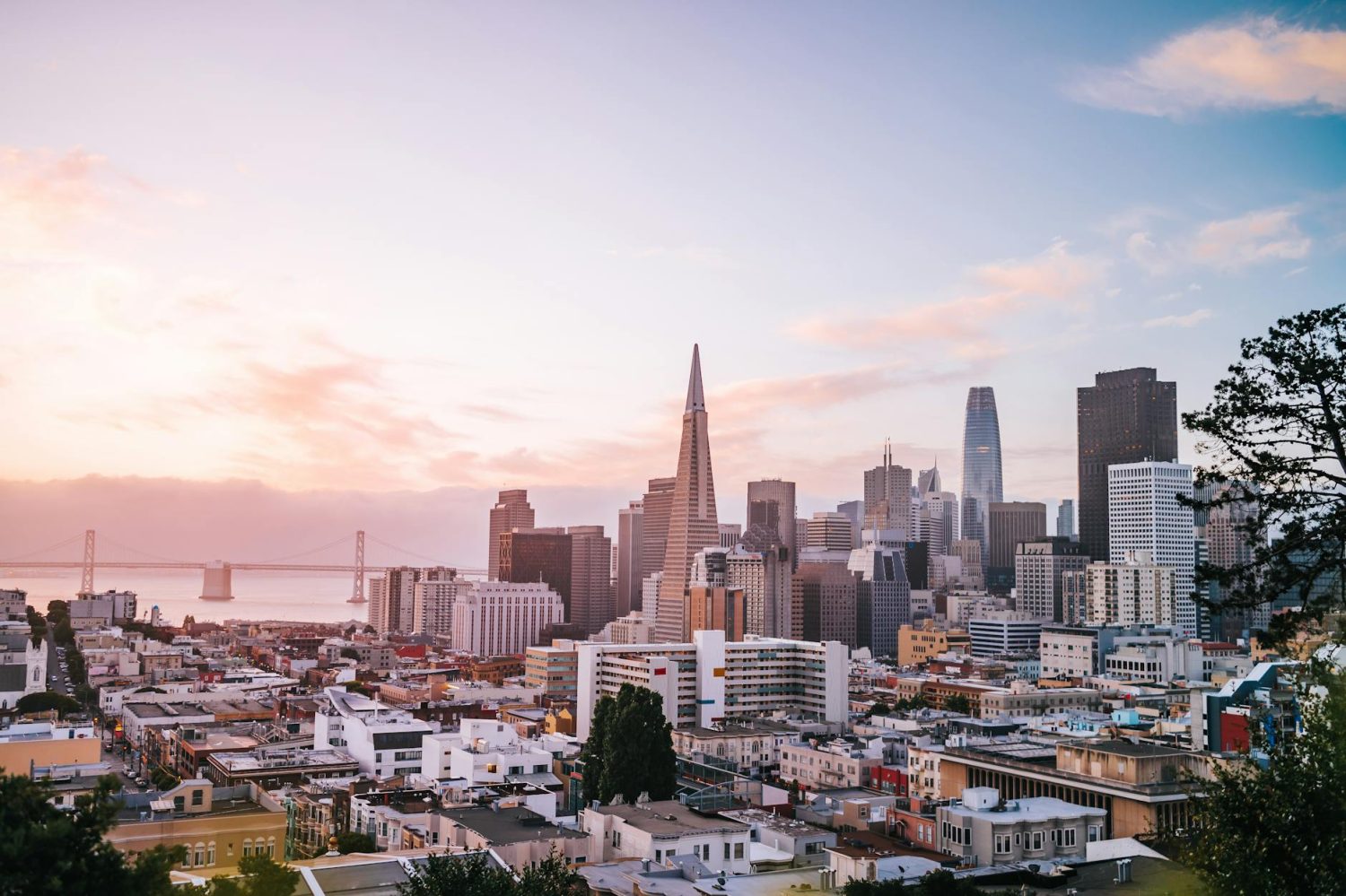
Walkability, electrified transport, free public EV charging – cities earning the top spot in urban mobility include San Francisco and Paris.
Consulting firm Oliver Wyman Forum and the University of California, Berkeley, ranked 70 international cities based on urban mobility, including everything from EV adoption and carbon-free public transportation to reducing reliance on polluting private cars, as cited by Bloomberg. In the ranking’s six edition, researchers looked at dozens of data points, such as walkability, air quality, and use of zero-emissions buses, in addition to autonomous vehicles and robotaxis, smart traffic systems, and EV charger networks to assess how easy it is for people and goods to travel around a city and its outlying areas.
San Francisco takes the top spot, for the second year since 2022, followed by Paris, Singapore, Munich, and Amsterdam. Singapore earned its third place spot thanks to its extended tax rebate incentive for EVs through 2025, while boasting some of the safest roads in the world.
San Francisco has made significant public and private mobility investments, including purchasing electric vehicles and installing charging stations. The city aims for 25% of all new registered vehicles to be electric by 2030 and to install over 1,500 public chargers by the same year – some public chargers are even free.
Paris has become one of the friendliest for active mobility thanks to significant investment in walking and cycling infrastructure. From 2021 to 2026, the French capital funded more than €250 million ($270 million) to build about 112 miles of new secure cycling lanes. Paris has also benefitted from considerable investments made for the 2024 Summer Olympic Games, including new bike routes all over the city and a $3.9 billion extension of its metro.
The analysis includes separate indexes for sustainability, public transit, and technology, with Helsinki taking the top spot in the “sustainable mobility index.” These cities included in the ranking range from huge sprawling cities like Tokyo and Delhi to compact cities like Oslo and Washington DC to developing metropolises like Nairobi. Cities were selected based on a few factors, due to both their unique mobility challenges and solutions around these problems as well as the accessibility of data to measure, compare, and track their evolution.
The report is immensely fun to click around and check out if you’re interested in the actions various cities are taking to embrace a cleaner future. Check it out here.
If you’re an electric vehicle owner, charge up your car at home with rooftop solar panels. To make sure you find a trusted, reliable solar installer near you that offers competitive pricing on solar, check out EnergySage, a free service that makes it easy for you to go solar. They have hundreds of pre-vetted solar installers competing for your business, ensuring you get high quality solutions and save 20-30% compared to going it alone. Plus, it’s free to use and you won’t get sales calls until you select an installer and share your phone number with them.
Your personalized solar quotes are easy to compare online and you’ll get access to unbiased Energy Advisers to help you every step of the way. Get started here.
